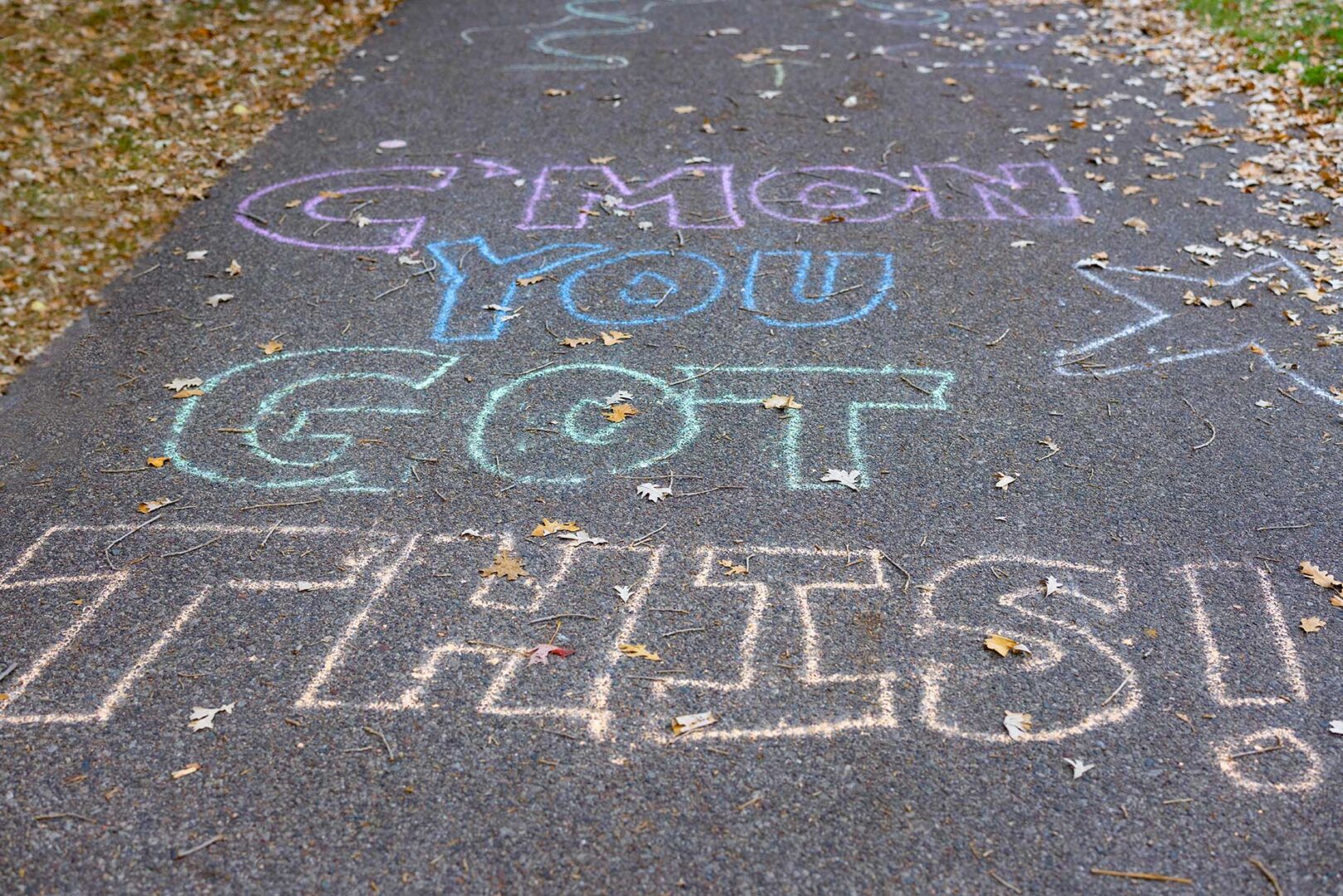You Are Not Alone: LGBTQ+ People Can Find Support Through Crisis Lines and NAMI Minnesota

Mental health has become a more open topic in the past few years, allowing more people to feel less isolated and seek help when needed. This is especially important for people with LGBTQ+ identities.
In Minnesota, about 11% of students in 8th grade or above identified as transgender, gender fluid, two-spirit or unsure/didn’t answer, according to the Minnesota Department of Health’s 2022 Minnesota Student Survey. Over half of them reported having long-term mental health, behavioral or emotional problems. LGBTQ+ students were also three times more likely to report seriously considering suicide and four times more likely to attempt suicide than heterosexual students.
With a clear prevalence of mental health struggles in LGBTQ+ youth in Minnesota, it’s important to know that resources are available and that you are not alone. Asking for help can be difficult for many people, but it’s important to remember that there’s no shame or weakness in needing support. Peer-led support groups can help reduce that intimidation, with many leaders volunteering because of how support groups helped them through their own struggles.
The Minnesota chapter of the National Alliance on Mental Illness (NAMI) has many resources for the LGBTQ+ community, as well as a list connecting you to local resources. One way they help support mental health in the community is through support groups. They sponsor a weekly LGBTQ+ support group on Saturdays and a BIPOC LGBTQ+ support group on Sundays, facilitated by two volunteers who want to give back to the community.
Abamikhu Jones and Marion Edwards are facilitators and volunteers for the support groups and are there to guide with the lightest touch. The support groups are meant to be a freeform safe space for queer people to share their experiences, help each other and provide community.
“I started out as a participant when I was in a very dark space in my life. In a lot of ways, I was dealing with suicide idealization. It was pretty tough, and NAMI, this particular support group with Marion as a facilitator, was one of the things that I used to help rebuild my mental health,” Jones says.
Facilitators complete an intensive two-day training to help guide conversations. They are provided with tools to support people in crisis and who are struggling with mental health challenges, but Edwards says a main principle is finding strength in shared experiences. Both Edwards and Jones have gone through their own journeys and became facilitators once they were in a place to help others.

Some of the best advice given to others comes from people who understand and have gone through a similar experience. Edwards and Jones can draw on their own experiences and coping mechanisms to help guide others through their struggles.
“Every week, I will come out of group feeling uplifted just knowing that we’ve got community, we’ve got people who care about each other, we’ve got each other’s backs and we’re doing good for each other,” Edwards says.
The groups are centered around people who show up and want to share and receive support, Edwards says. They start the sessions with their guidelines of support that reflect things like seeing the individual, not the illness, and practicing respect and empathy to guide the discussion and maintain a safe space and strong community.
“When you come to the group, you are meeting a bunch of people you have probably never probably met and will probably never meet again, but it’s family,” Jones says.
It’s important to share resources, like the NAMI support groups, and increase awareness of the amount of support for people in need. Having a space to share how you’re feeling out loud or even to sit and listen to others can be helpful, Jones says.
There are also various free online resources for people to get immediate support, such as the 24/7 988 Suicide and Crisis Lifeline and Trans Lifeline’s hotline, run by trans people for trans and questioning peers. For LGBTQ+ specific support for people under 25 from an LGBTQ+-trained crisis counselor, text PRIDE to 988 or dial 988 and press 3. Trans Lifeline’s hotline is anonymous and confidential and can be accessed weekdays from noon to 8 p.m. at +1 (877) 565-8860.
Whether you’re looking for people to talk to or working toward taking a step toward bettering your mental health, resources like NAMI and its support groups are free and accessible for everyone.
5200 Willson Road, Suite 316 • Edina, MN 55424
©2025 Lavender Media, Inc.
PICKUP AT ONE OF OUR DISTRIBUTION SITES IS LIMITED TO ONE COPY PER PERSON





